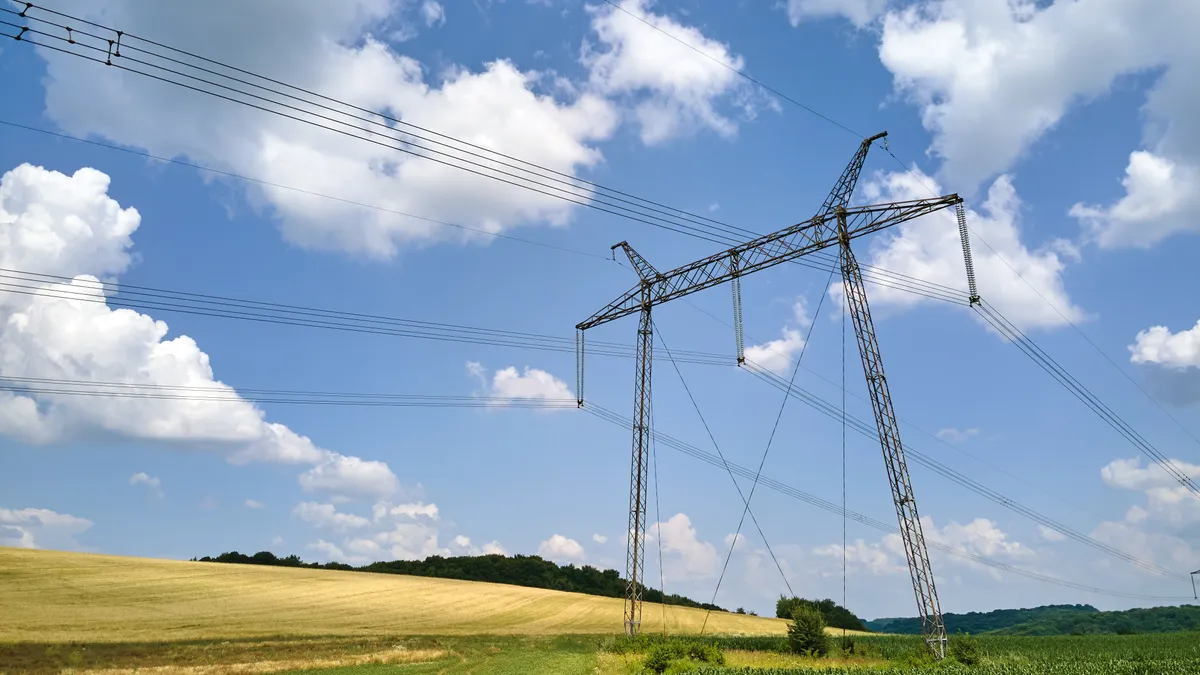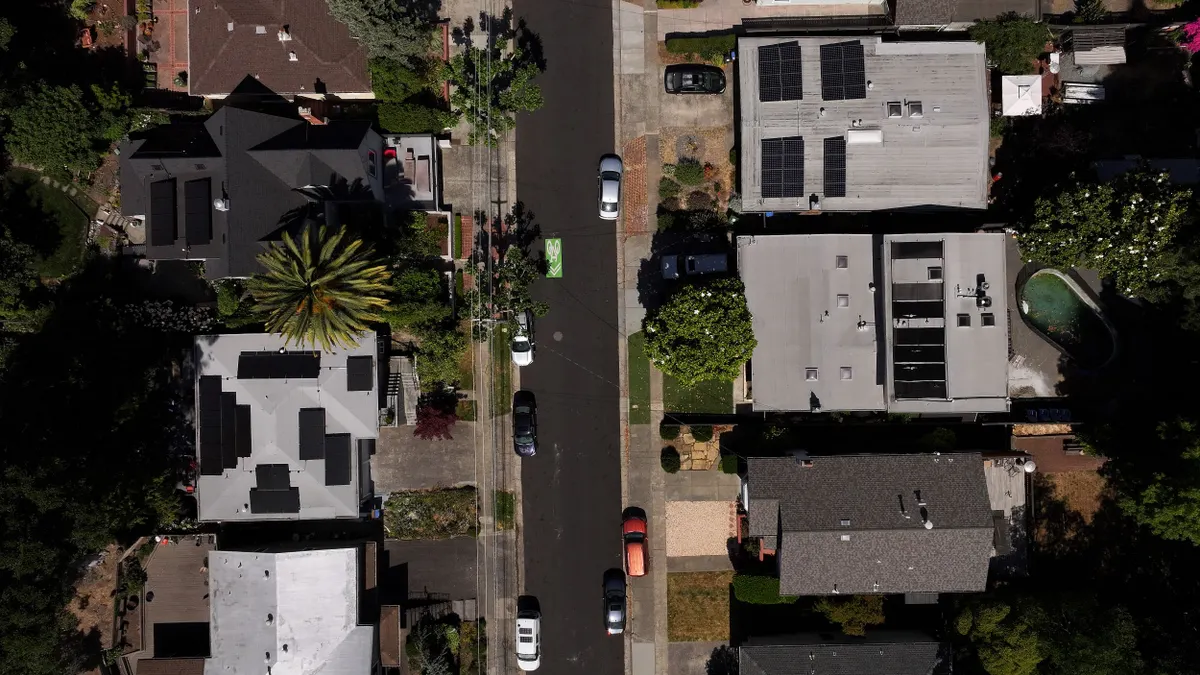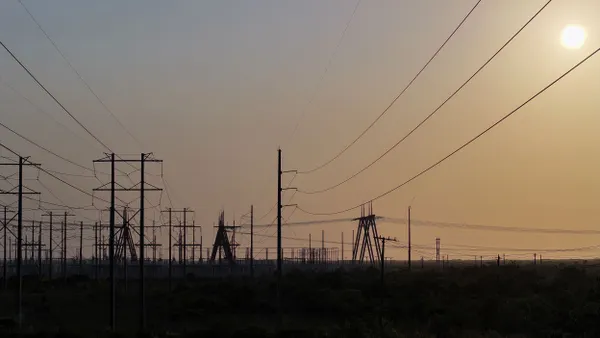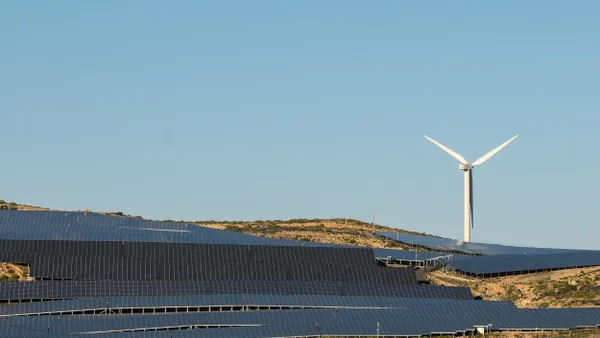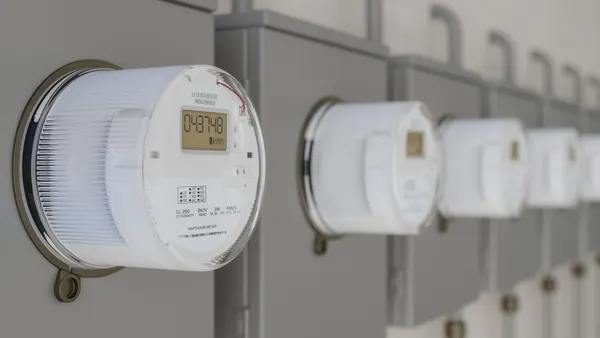Dive Brief:
-
The Iowa District Court for Polk County on Monday ruled a state law giving incumbent utilities a right-of-first-refusal, or ROFR, to build transmission projects approved by a regional grid operator was unconstitutional.
-
As a result, the court also barred MidAmerican Energy and ITC Midwest from taking any action related to five transmission projects totaling $2.64 billion that they were awarded in 2022 by the Midcontinent Independent System Operator. The projects are part of MISO’s Long Range Transmission Planning Tranche 1 projects, approved last year.
-
“This decisive court action is a victory for consumers — and will lower electricity costs for Iowa families and businesses,” Paul Cicio, chair of the Electricity Transmission Competition Coalition, said. "We look forward to seeing MISO conduct a competitive process for the Iowa projects in short order.”
Dive Insight:
The legal dispute over Iowa’s ROFR law is part of a broader fight at the federal and state levels over who should be able to build and own regional transmission projects that will be needed to support grid reliability and the shift toward renewable energy.
Iowa passed ROFR legislation in June 2020 giving incumbent utilities first dibs on building MISO-approved projects.
LS Power transmission subsidiaries LS Power Midcontinent and Southwest Transmission challenged the ROFR law, arguing it violated Iowa’s constitution.
The district court and a state appeals court rejected LS Power’s lawsuit saying the company lacked standing, but in March the Iowa Supreme Court remanded those rulings, saying they were likely wrong.
On remand, the district court said the ROFR legislation was passed in a way that violated the single-subject and title provisions of the Iowa Constitution.
The court agreed with the state Supreme Court’s analysis finding that the title of the appropriations bill — An Act relating to state and local finances by making appropriations, providing for legal and regulatory responsibilities, providing for other properly related matters and including effective date and retroactive applicability provisions — gives no indication it includes the ROFR, violating the state constitution.
In barring MidAmerican and ITC from their awarded transmission projects, the district court said LS Power challenged the ROFR law before the awards were made.
“Had this Court made the correct decision initially, Plaintiffs would have been able to compete for the Iowa [long-range transmission plan projects] on a level playing field,” the court said.
Granting the relief LS Power asked for gives the company “long delayed justice” and will serve the public interest by supporting competitive bidding for the transmission projects, lowering their costs, the court said.
In its ruling, the court barred the Iowa Utilities Board from taking any action related to the awarded projects. The IUB’s regulations related to the ROFR were effectively void, according to the court.
The ruling doesn’t prevent MidAmerican or ITC Midwest from being awarded the projects in a competitive solicitation or other way that doesn’t rely on the ROFR, the court said.
MISO didn’t respond to a request for comment about the transmission projects.
Separately and unaffected by the court ruling, MISO on Dec. 1 awarded the 345-kV Ipava project to Ameren Transmission Co. of Illinois and the 345-kV Deadend-to-Tremval project to Dairyland Power Cooperative. They were the only bidders on the projects.



